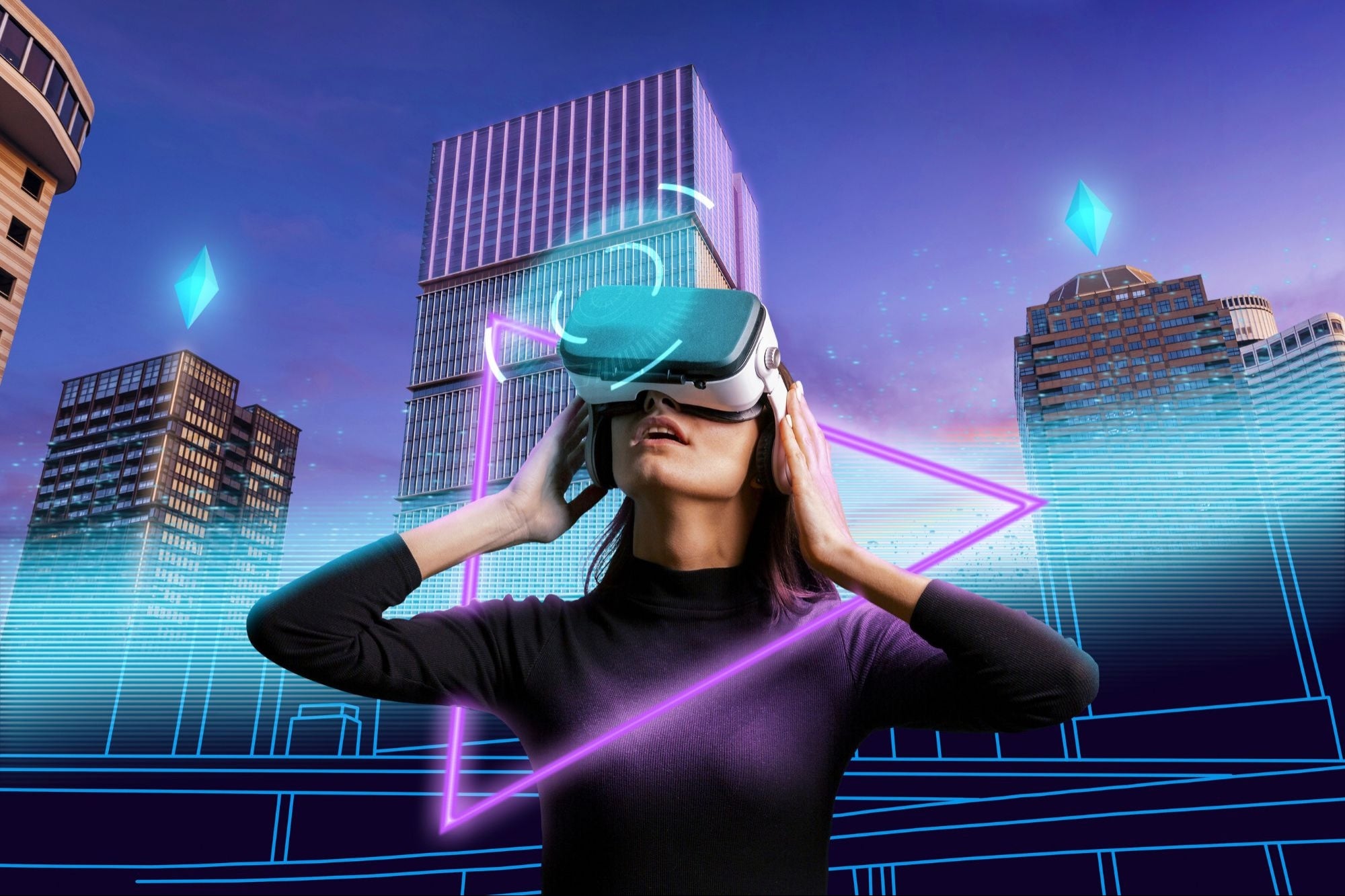The world of science is changing rapidly. Tremendous advancements are being made in many areas, including business, habits, and even our daily lives. As we approach 2025, the pace of progress will only accelerate. Technologies once considered science fiction are now part of our daily lives. With the rise of technologies like artificial intelligence and the Internet of Things (IoT), the future looks exciting and rapidly changing.
In this article, we explore the key technology trends that will impact our lives in 2025 and beyond. Whether you’re a tech enthusiast or simply interested in what the future holds, understanding these trends is crucial. Let’s take a look at some of the latest innovations that will transform business, the marketplace, and our own lives.
Machine Learning and Automation: A New Era of Efficiency
Artificial intelligence (AI) has long been a buzzword, but in 2025, its impact will be greater than ever. AI solutions are transforming the way businesses operate by automating mundane tasks and inspiring new innovations in customer service, healthcare, and finance.
We can expect AI to be even more integrated into our daily lives by 2025. Smarter systems will be powered by machine learning programs that can make predictions, personalize experiences, and even automate complex tasks with little to no human intervention. In many sectors, this development will lead to increased output and efficiency.
In healthcare, for example, AI will help doctors diagnose illnesses more accurately. In customer service, AI applications will provide immediate assistance, reduce wait times, and improve customer satisfaction.
What this means for the future: AI will continue to improve efficiency, take over mundane tasks, and build more robust systems that can adapt and learn on the fly.
2. 5G Connectivity: The Key to Future Wireless Communication
5G networks are already under construction, but their impact will be felt globally by 2025. 5G’s blazing-fast speeds, low latency, and immense connectivity potential will allow various technologies to work together seamlessly.
5G opens up a world of possibilities, from self-driving cars to virtual reality (VR). Faster internet speeds allow you to use high-bandwidth applications, watch 4K video, experience real-time augmented reality (AR), and connect more devices than ever before. 5G opens up entirely new possibilities for companies in robotics, smart cities, and working from home.
What this means for the future: 5G opens up new ways to communicate, makes data sharing easier, and lays the foundation for the future of the Internet of Things, smart cities, and self-driving cars.
3. The Rise of Quantum Computing: Previously Unsolvable Problems Can Now Be Solved
Quantum computing is one of the most intriguing and potentially groundbreaking new technologies on the horizon. Although quantum computers are still relatively new, they have the potential to solve problems currently insoluble for conventional computers. Experts expect quantum computing to have made significant progress by 2025.
Quantum computing uses the principles behind quantum physics to process data in ways that are impossible for conventional computers. This allows quantum computers to solve problems much faster than conventional computers. Quantum computers can find new ways to solve previously unsolvable problems in fields such as artificial intelligence, drug development, and security.
What this means for the future: Quantum computing will make it easier to solve difficult problems and accelerate progress in fields such as materials science, artificial intelligence, and cryptography.
4. Internet of Things (IoT): An Always-Connected World
The Internet of Things (IoT) refers to the growing number of physical objects connected to the internet that can share and receive data. By 2025, the IoT will transform every aspect of our lives, from smart homes to factory robots.
As more devices become connected, the IoT will enable “smart cities,” where real-time data will be used to improve everything from traffic management to garbage collection. The IoT will make our homes even more seamlessly connected, allowing us to control everything from refrigerators to security systems through our phones or voice assistants.
What this means for the future: As IoT devices become increasingly common, the world will become fully connected, creating new ways to manage time, money, and life.
People will start using it in the future. Moreover, the popularity of cryptocurrency will continue to grow. More and more stores will accept it as payment, and countries are also exploring the concept of central bank digital currencies (CBDCs).
What this means for the future: Blockchain and cryptocurrencies will change the way we store and transmit data, offering a secure and open alternative to older methods.
6. Extended Reality (XR): A new way to explore and connect
Virtual reality (VR), augmented reality (AR), and mixed reality (MR) all fall under the umbrella of extended reality (XR). XR will be a major technology trend by 2025, transforming sectors such as education, healthcare, entertainment, and gaming.
In the entertainment industry, for example, XR will make user experiences more realistic, making users feel like they’re in their favorite movies and games. In healthcare, XR devices will help train doctors and enable them to remotely assist with treatments. Education will also change, as XR tools can help students learn through engaging models.
In the future, XR will further blur the lines between the real and virtual worlds. This will offer people new ways to connect with entertainment, information, and even each other.
7. Biotechnology and Genomics: Improving Health
Advances in science and genetics are changing our view of health and medicine. By 2025, gene-editing technologies like CRISPR will enable better treatments for genetic diseases. Furthermore, developments in personalized medicine will allow doctors to tailor treatments to each individual’s unique genetic makeup.
Biotechnology will also play a crucial role in addressing global challenges such as climate change and food security. New ideas like lab-grown meat and biofuels are gaining popularity.
This means that biotechnology will change the way we treat disease, grow food, and protect the environment. This will help people live longer and happier, making the world a better place.
Frequently Asked Questions
Will AI change the way we work in the future?
AI will replace many mundane tasks, freeing people up for more creative and challenging work. Some jobs may disappear, but new ones will emerge in sectors like AI, robotics, and data analytics.
Question 2: Does quantum computing really work?
Currently, quantum computing is primarily used for business and research. However, it could one day become a service accessible to businesses and academic institutions.
Question 3: How will 5G accelerate the internet?
5G offers higher speeds, lower latency, and greater data capacity than 4G. This enables smoother streaming, faster file transfers, and more stable connections, especially in high-traffic areas.
Question 4: Which sectors will benefit most from the Internet of Things?
The Internet of Things will boost sectors like manufacturing, transportation, healthcare, and agriculture. It will enable real-time data collection, task automation, and increased efficiency in these sectors.
Looking ahead to 2025
it’s easier to understand the importance of technology in changing the world. New technologies like artificial intelligence, 5G, Bitcoin, and extended reality (XR) will transform business models, create new opportunities, and improve our daily lives. Keeping up with these trends is crucial to plan for future mobility and enjoy the amazing experiences technology offers. Technology paves the way for a better future.
By understanding and adapting to these trends, we can stay at the forefront of growth and new ideas. We can all look forward to the journey ahead, which will be transformative.

